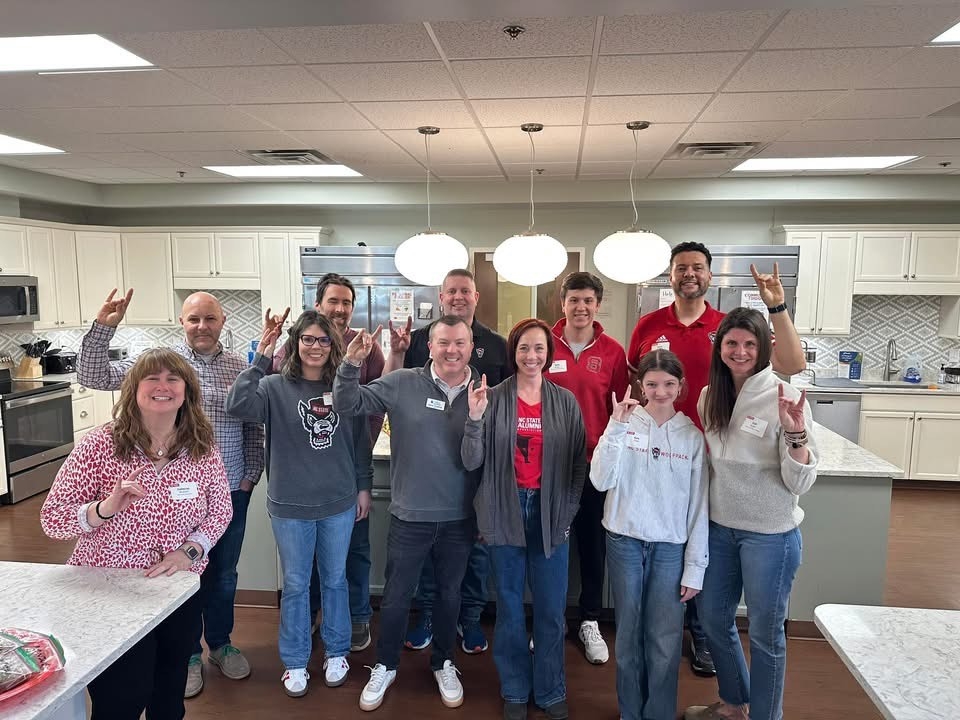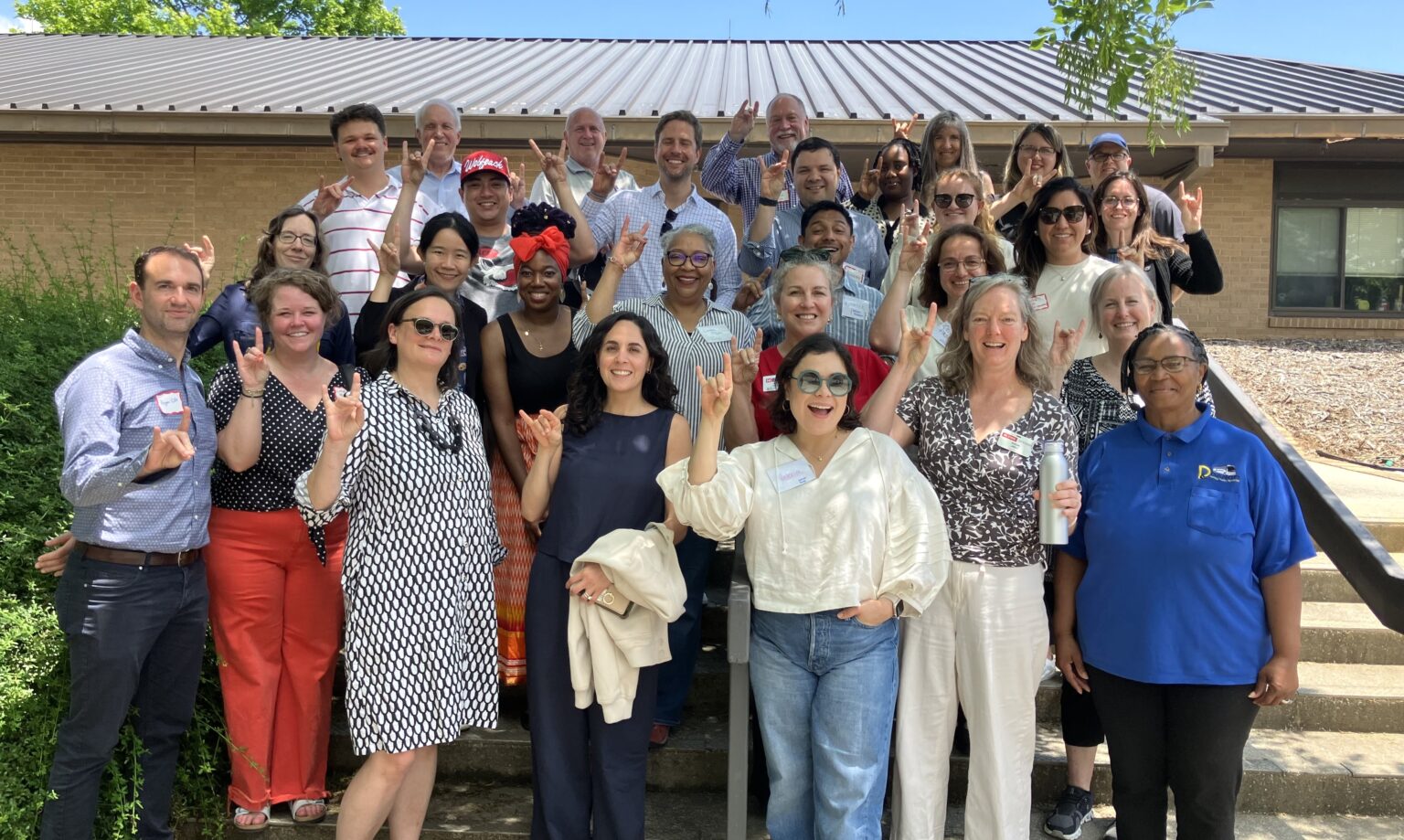Studies Show That Nice Guys Finish First in Business World
One new study shows that project managers can get much better performance from their team when they treat team members with honesty, kindness and respect. A second study shows that product development teams can reap significant quality and cost benefits from socializing with people who work for their suppliers.
The first study, co-authored by Jon Bohlmann, associate professor of marketing in the college’s Department of Business Management, focused on cross-functional product development teams, which bring together engineers, researchers and business personnel. The diverse backgrounds of the team members means there is a focus on finance and marketing, as well as design and functionality, from the beginning of the product-development process. But that diversity also makes effective communication essential, in order to ensure that team members are collaborating rather than working at cross-purposes.
Bohlmann’s study finds that interactional fairness perception affects cross-functional communication. In other words, he explained, “If you think you are being treated well, you are going to work well with others on your team.”
Bohlmann said his study evaluated whether team members felt they were being well treated by their project leader. This evaluation included questions as to whether team members felt their leader was honest, kind and considered the viewpoints of team members. The results of the study, he said, show that if a team’s leader was perceived as basically being a nice guy, then team members showed a significant increase in commitment to the teams success and to the project they were working on. This increase in commitment is important, Bohlmann said, because it leads to enhanced performance in meeting team goals.
If the Bohlmann study tells us that nice guys finish first, a study co-authored by Rob Handfield, Bank of America Distinguished Professor of Supply Chain in the College of Management, finds that playing well with others can give a company an edge when it comes to product development. Specifically, the Handfield study shows that significant cost and quality benefits can result from informal socializing between employees of a product-development company and those companies that supply the product developers with material and labor.
Handfield explained that informal socializing – like going out to dinner after a meeting – can lead to considering new ideas that take advantage of the different perspectives and experience that suppliers can provide – and ultimately provide product developers with meaningful input. For example, Handfield said, “Suppliers may point out that components which are already being produced in bulk would serve as well as the custom-made, and expensive, parts being envisioned by product designers. Why reinvent the wheel? We already have one that works fine.”
The Bohlmann study was co-authored by Tianjiao Qiu of California State University, Long Beach, and William Qualls and Deborah E. Rupp of the University of Illinois at Urbana-Champaign.
The Handfield study was co-authored by Paul D. Cousins of the Manchester Business School, Kenneth J. Petersen of Colorado State University and Benn Lawson of Queens University in Belfast.
The Bohlmann study – The Effect of Interactional Fairness on the Performance of Cross-Functional Product Development Teams: A Multilevel Mediated Model – and the Handfield study – Knowledge Sharing in Interorganizational Product Development Teams: The Effect of Formal and Informal Socialization Mechanisms – were both published in the March issue of the Journal of Product Innovation Management.


